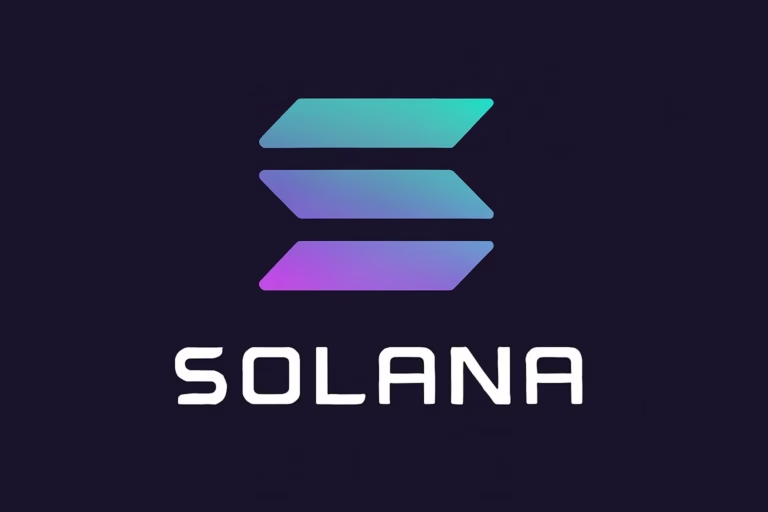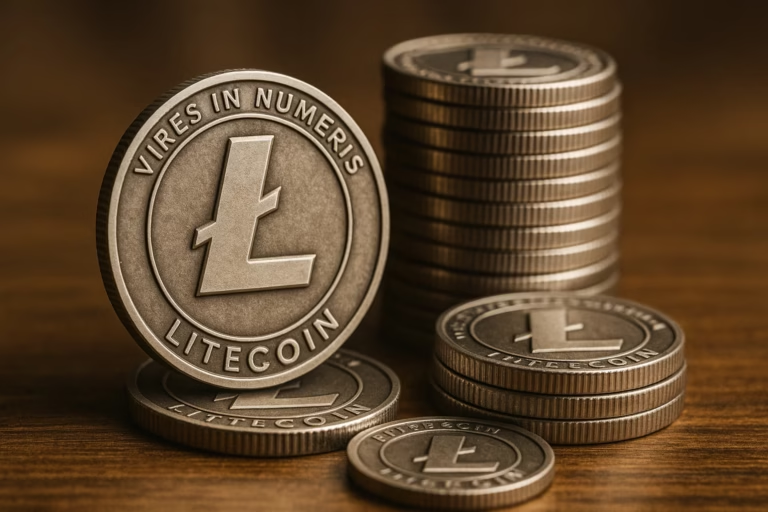
- Charles Hoskinson emphasizes the critical role of governance in blockchain success, drawing from his experience at Ethereum.
- He suggests that poor governance doomed NXT and argues that Cardano’s upcoming Chang hard fork will revolutionize its governance model, potentially shaping the project’s future success.
Charles Hoskinson, co-founder of Ethereum and founder of Cardano, has emphasized the critical role of governance in the success or failure of blockchain projects. This insight comes as Cardano prepares for its upcoming Chang hard fork, which promises to revolutionize its governance model.
Hoskinson’s experience at Ethereum, where he served as CEO during its formative years, has deeply influenced his views on the importance of governance. In a recent interview with Altcoin Daily, he reflected on the lessons learned from his time at Ethereum and its competitors.
“Governance matters that much,” Hoskinson said, “It is the core differentiator between whether a project is successful or if it will fail, and in the long term, you can never get around the fact that poor governance will kill a project.”
He pointed to the example of NXT, a blockchain platform that emerged ahead of Ethereum in 2013 with promising features like a decentralized exchange and smart contract capabilities. Despite its early technological edge, NXT failed to maintain its momentum due to issues with token distribution and inadequate governance. Today, NXT has dwindled into obscurity with negligible market presence.
Hoskinson suggested that had NXT implemented a sound governance system, Ethereum might not have succeeded as it did. This belief is a cornerstone of his vision for Cardano, which aims to achieve long-term success through robust governance structures.
Cardano’s current governance model has faced criticism amid the project’s stagnant market performance, with ADA trading near 2024 lows. Competing layer 1 platforms such as Solana and TON have surged ahead, raising doubts about Cardano’s future.
However, Hoskinson remains optimistic about Cardano’s prospects, focusing on the fundamentals that he believes will ensure its longevity. The Chang hard fork, slated for release in the coming quarter, is poised to overhaul Cardano’s governance by decentralizing decision-making processes.
The Chang hard fork represents a pivotal moment in Cardano’s evolution, transitioning from centralized governance under entities like the Cardano Foundation to a decentralized system driven by community voting and treasury access. This change is expected to empower stakeholders to vote on proposals and allocate funding autonomously.
Key features of the Chang hard fork include delegated representation and treasury access, designed to democratize decision-making within the Cardano ecosystem. These mechanisms aim to foster transparency and community engagement, setting a precedent for other blockchain platforms.
As Cardano prepares for this significant upgrade, the community is eagerly anticipating the implications of its new governance model. The success of the Chang hard fork could reaffirm Cardano’s position as a pioneer in blockchain innovation, distinguishing it from competitors and bolstering its market presence.
In conclusion, while Cardano’s short-term challenges persist, its commitment to governance and upcoming Chang hard fork present an opportunity to redefine its trajectory. Hoskinson’s emphasis on governance as a cornerstone of success underscores the importance of strategic planning and community engagement in blockchain development.
The Future of Cardano’s Governance
In the rapidly evolving landscape of blockchain technology, Cardano’s Chang hard fork represents a bold step towards decentralized governance, aiming to redefine industry standards and sustain long-term success.






